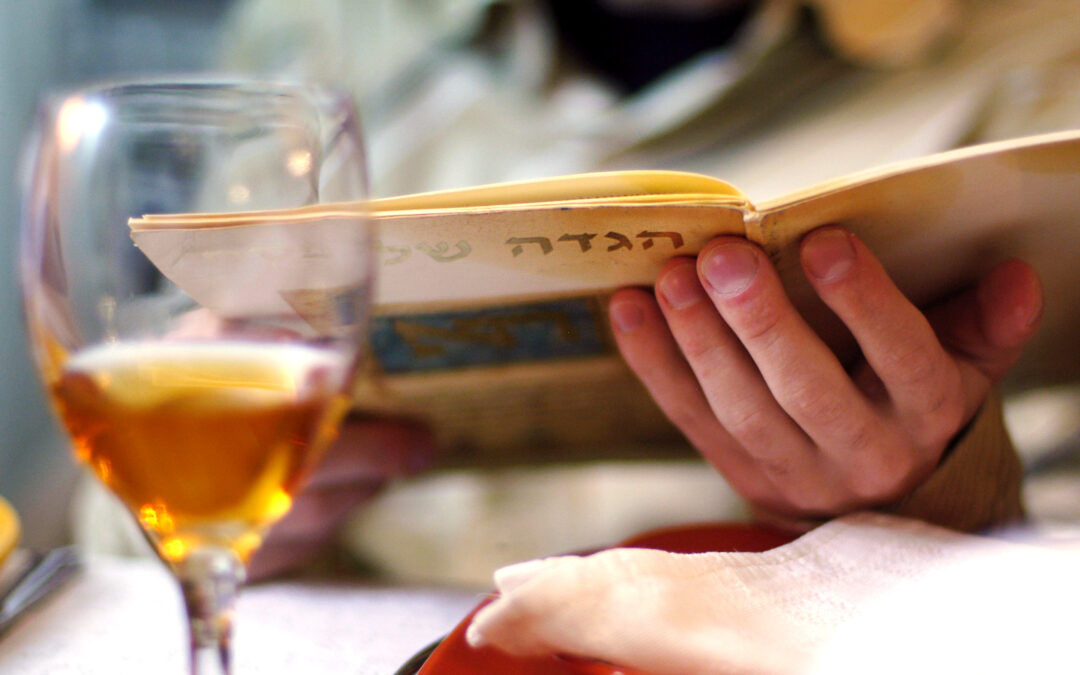Understanding the Story and Purpose of the Major Jewish Holiday
Within the Jewish faith, Passover or Pesach, begins on the 15th day of the Hebrew month of Nisan. In 2023, Passover will start on the evening of Wednesday, April 5 and continue through the evening of Thursday, April 13.
What Is Passover?
One of the most important holidays and festivals within the Jewish faith, Passover commemorates the Biblical telling of the escape from slavery in Egypt by the Israelites. As set forth in the book of Exodus, the Passover story relates God’s command to Moses, while the Israelites were being held captive by Pharaoh, to place a mark above their doors with lamb’s blood. The angel of death then passed through the land of Egypt, but “passed over” all those houses so marked. By having their houses “passed over,” the Israelites avoided the tenth plague, in which the firstborn of each house was killed. In response to the tenth plague, Pharaoh ordered the Israelites out of Egypt.
What Special Celebrations Take Place during Passover?
On the first two nights of Passover, it is customary to enjoy a ritual meal known as a Seder, from the Hebrew word for “order.” The Seder includes symbolic food items that allow participants to recount the story of the Israelites flight from Egypt. The food is generally partitioned in very small portions, and includes:
- A roasted shank bone (Zeroah) to acknowledge the Pesach sacrifice (the ritual slaughter of the lamb whose blood was painted over the doorway), which the Torah states was first offered on the night the Israelites fled from Egypt
- Bitter herbs (Maror and Chazeret) to symbolize the bitterness and harshness of slavery in Egypt. Horseradish is also used.
- A bowl of Charoset, a sweet, brown mixture of apples, nuts, cinnamon and red wine, symbolizing the brick and mortar used by the Israelites to build structures while enslaved in Egypt
- A vegetable other than a bitter herb (Karpas), usually parsley or other green vegetable, including green onion, to symbolize hope and renewal
- Matzot, or unleavened flatbread, which represents the bread eaten by the Israelites as they escaped from Egypt, without enough time for leavened bread to rise. In many Jewish traditions, any type of leavened bread will be abstained from during Passover in order to commemorate the flight from Egypt.
- A roasted egg (Beitzah), which symbolizes or evokes mourning for the loss of the Temple in Jerusalem
- Salt water to represent the tears of the slaves
Four symbolic cups of wine are also consumed at the Seder. These represent the four stages of redemption expressed to the Israelites as they left Egypt:
- That the Israelites will be safely taken out of Egypt
- That they will be saved from servitude
- That they will be redeemed, without fear of recapture when the seas were split
- That they will become a nation
In many traditions, there is a book, known as a Haggadah, which is read during the Seder, and tells the story of the Israelites’ journey out of Egypt. The Haggadah has evolved over the centuries, with many modern Haggadot that are age-specific, or have political or satirical themes.
Are There Other Traditional Passover Foods?
It is customary to have a Passover meal between the two Seders. The foods consumed at such a meal will vary, based primarily on family traditions, but commonly include things like matzo ball soup, beef brisket, gefilte fish, chicken and potatoes.
Gutterman’s and Gutterman Warheit—Your Source of Comfort and Compassion for More than Five Generations
At Gutterman’s and Gutterman Warheit, we have served the Jewish communities in New York and Florida for more than 125 years, offering guidance and assistance with all matters related to the death of a loved one, including funeral and burial services. We can handle all your concerns, from the preparation of the memorial service to the selection of a monument or marker, the creation of a Yahrzeit calendar or the arrangements for sitting Shiva. We will also be your intermediary with the Chevra Kadisha, ensuring the proper preparation of the body for burial under Jewish practices. We provide comprehensive funeral and burial services to individuals and families from all Jewish traditions.
If you need assistance with funeral and burial preparations after the death of a loved one, or simply want to learn how we can be of service to you, call us at one of the numbers provided below. We are available 24 hours a day, 7 days a week to assist you.
Gutterman’s & Gutterman Warheit — Where Relationships Matter
Family Owned and Operated Since 1892
Rockville Centre: (516)764-9400 | Woodbury: (516)921-5757 | Brooklyn: (718)284-1500
Boca Raton, FL: (561)997-9900 | (800)992-9262

